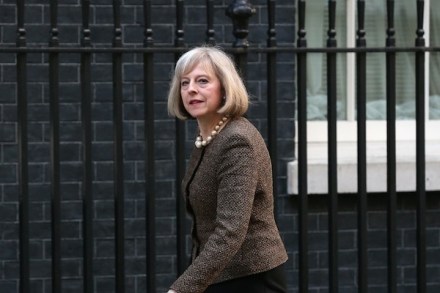I am not my cancer
In the evenings the kidneys came. The helicopter, a bright yellow, would land on the grey cement disc, its blades chopping slower, slower, slow — stop. People in blue scurried from an opening in the building and ran towards the aircraft, hauling from it boxes and bags. These containers held hearts, lungs, livers. The organs were brought into the body of the main building then dispatched in all directions. I could see all this from the high window of my room in Siena. I also saw spectacular Tuscan sunsets, and if it weren’t for the chunky, rounded plastic furniture in the room and the drips in my arms, I would



















